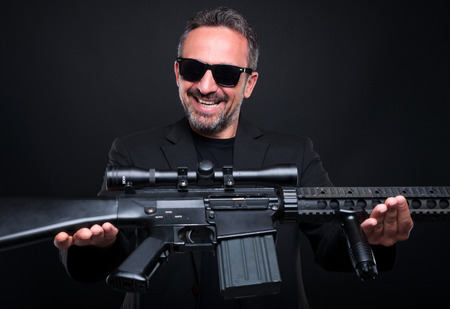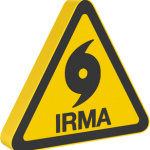
What should I know if I want to sell to someone out of state? A private resident of Florida (or any state for that matter) may not legally purchase or sell any firearm directly from or to any private individual that is a resident of another state, period. However, there is a legal exception to get around this prohibition on private firearm sales to persons that are not residents of the same state as the seller.
Federally speaking, a firearm is not transferred until “delivery”. The steps that need to be taken to sell or purchase firearms from private individuals residing in different states are: 1) The firearm must be delivered and picked up at an FFL, for a small fee, in the buyer’s state. 2) The buyer will need to fill out the Form 4473 and obtain the criminal record check and approval in their resident state. 3) The sale must be lawful in the buyer’s resident state. With these steps, you will have a lawful delivery and sale according to federal regulations. Please note again that you cannot legally, directly deliver the firearm to the resident in the other state. Also, be wary of “strawman” transactions. It is a felony for a person to purchase a firearm for a non-resident or for someone with any legal disqualification. If you have reasonable cause to suspect the purchaser is a “strawman”, do not make the sale to that person. F.S. 790.065
What if I’m trying to sell a firearm to someone under the age of 18? Short answer, don’t do it. However, for those of you who enjoy tangling with the intricacies of the law, when the other party is under 18 years of age, it gets rather complicated. It is a felony to sell, give, or lend any person under 18 any weapon, UNLESS you receive prior written permission from one of the minor’s parents or legal guardians. Failure to obtain the parent’s or legal guardians prior written permission is a violation of F.S. 790.17 and a felony if the weapon is a firearm. Florida law forbids the possession of handguns, but not shotguns or rifles, for persons under the age of 18. (even though the Federal law requires you to be at least 21 years old to purchase a handgun from an FFL dealer.) There are a few exceptions to a minor’s legal use and possession of handguns, such as for target practice or handgun instruction courses. You will also still need prior written permission from the minor’s parent or legal guardian to engage in those activities as well. If the minor is 16 years or younger, it’s a felony for them to use the firearm, unless they are supervised by an adult legally permitted to have the firearm. If you were involved in their possession of a firearm, you could also be held civilly liable for damages caused by the minor. As earlier stated, this is a situation best entirely avoided.
Author: Jeffrey W. Smith, The Orlando Law Group
Jeffrey W. Smith is an attorney for The Orlando Law Group. His practice focuses on veteran appeals, family law, and civil litigation. He is a veteran of the United States Marine Corps, serving in Operation Desert Storm in the Middle East and Operation Restore Hope in Somalia. Jeffrey lives in Oviedo with his family.
Last Updated on November 2, 2017 by The Orlando Law Group








